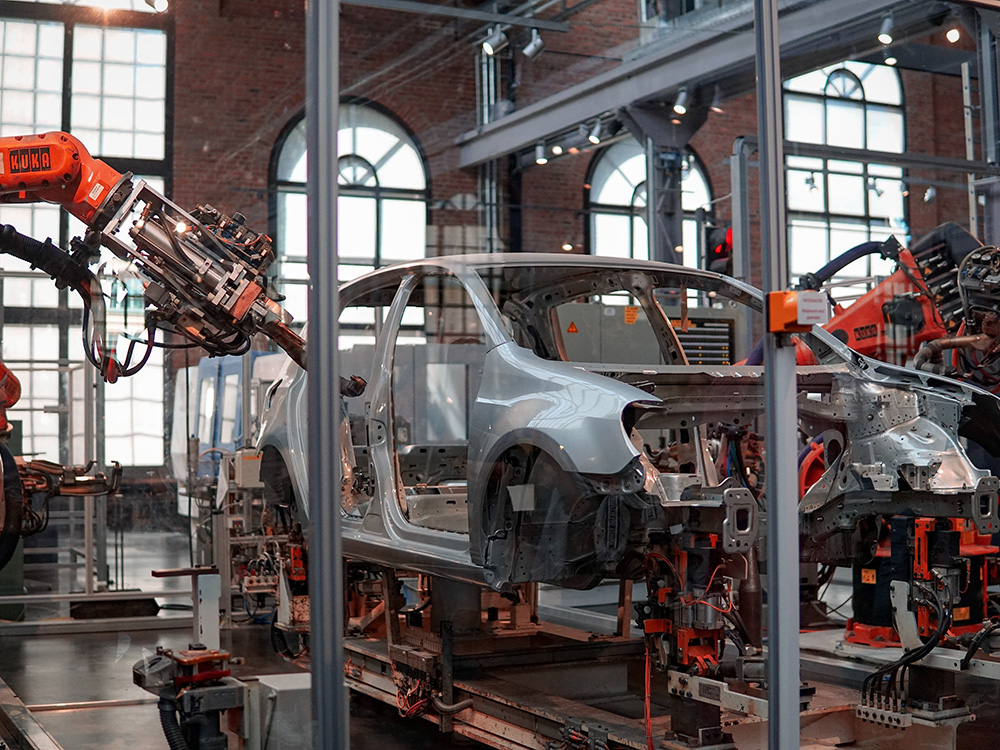The Impacts of Technology on Manufacturing Workforce

Technological advancement has continued to reshape most industries on how, where, when and with whom they work. One of the growing impacts of technology in manufacturing industry is the use of automation and industrial robots in the workplace. Many fear that technology will have an adverse effect on human workforce as they believe technology will eliminate jobs. The truth is technology aims at automating specific tasks rather than whole occupations hence, it does not eliminate work.
Human Workforce vs. Robot Workforce
Allured by the promise of productivity and growth, most manufacturing industries are investing on automated robot to add into their manufacturing workforce. Robots are used to complement and augment human activities especially in performing repetitive and tedious jobs. However, most industries will still employ human workforce since people are still better at performing complex and delicate jobs. Hence, it can be seen in manufacturing industries that robots are collaborating with human workforce and aren’t here to render some jobs obsolete. In fact, they dramatically increase the quality of their products and overall productivity due to the high level of precision and quality. This eventually encourage the manufacturer to produce more output and lead to a higher demand for labour.
Workforce Development
The biggest impact of technology in manufacturing industry is that they create new job opportunities for human workforce. It is also a key driver to the increase in demand for high-skilled workers. It provides the opportunity for human workforce to focus on more meaningful job role which involves higher-skilled, higher-quality and higher-paid tasks such as programming and machine maintenance instead of performing monotonous tasks. Hence, we can see nowadays many employers are putting more effort in providing advance training to educate and train their human workforce to support the acquisition of skills necessary to secure and thrive in jobs that are created or changed as a result of technological advancement.
Workforce Efficiency
The impact of technology in manufacturing industry has exponentially increased the rate of production and speed at which business occurs. Manufacturing productivity is also increased with the aid of robot workforces as they can perform tasks more efficiently and consistently. Unlike human, robots can perform tedious jobs for hours or days without the need for food, sleep, or break but still deliver the same results. On the other hand, robots are believed to boost human workforce efficiency and productivity as what used to take hours, now can take minutes. It can be seen that the working hours of the human workforces nowadays are relatively shorter than before due to the increased efficiency as a result of technological advancement.
In conclusions, technology will continuously shape the manufacturing workforce. More human-robot collaboration will be seen in the future with enormous improvements in productivity and efficiency. It is also believes that technology does not eliminate job but rather reallocate jobs and tasks in which robots complement human workforce by performing routine or dangerous tasks so that human workforce can focus on more meaningful jobs and up skills.